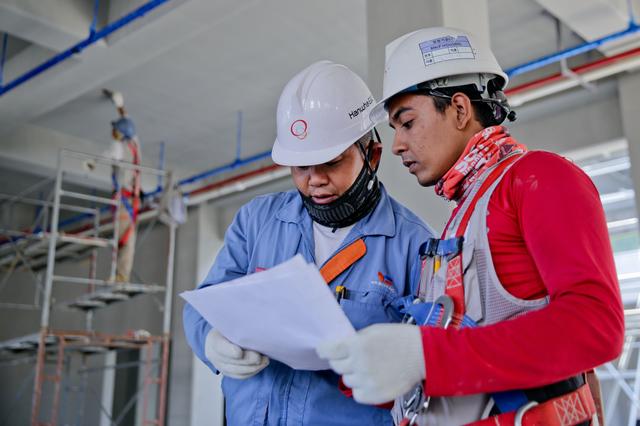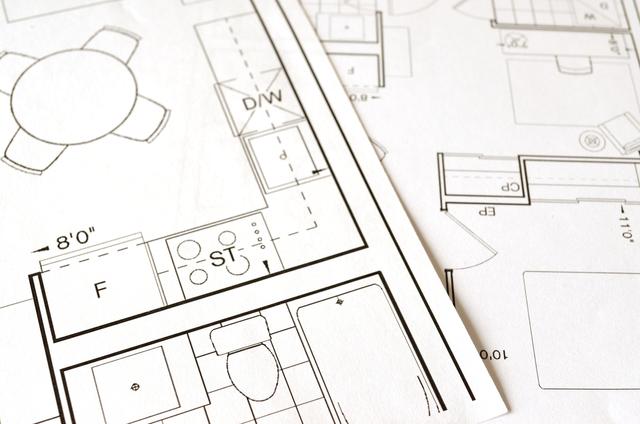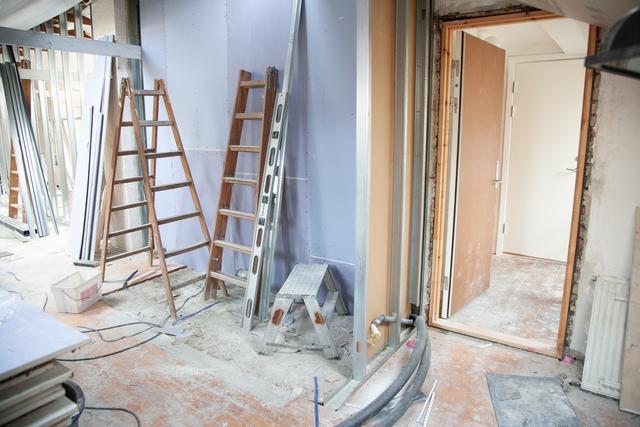Real estate investment has long been considered one of the safest and most profitable ways to grow one's capital. In Belgium, a country known for its economic and political stability, real estate remains an attractive option for investors. However, the question that often arises is whether it is worthwhile to purchase real estate for the purpose of renting it out. In this article, we will examine the various aspects of real estate investment in Belgium and determine if buying for rental is a viable option.
The Stability of the Belgian Real Estate Market
One of the primary reasons why real estate investment in Belgium is appealing is the stability of the market. Unlike other countries where price fluctuations can be significant, Belgium has experienced relatively stable growth in the value of real estate over the years. This means that investing in real estate in Belgium can be considered a long-term investment, with generally consistent returns.
Tax Benefits
Belgium also offers attractive tax benefits for real estate investors. For example, rental income is generally not subject to VAT, reducing the tax burden for property owners. Furthermore, there are tax deductions available for property owners who rent out their properties, which can help maximize returns.
Rental Demand in Belgium
A crucial factor to consider when investing in real estate is rental demand. In Belgium, the demand for rental housing is generally high, especially in major cities like Brussels, Antwerp, and Liège. Students, expatriates, and professionals on assignment drive this demand. This means that investing in a property for rental purposes can be a lucrative option.
Costs Associated with Real Estate Investment, Including Energy-related Work
When considering real estate investment in Belgium, it's essential to take into account all associated costs. Apart from the initial purchase of the property, there are other significant expenses to anticipate. Among these, energy-related renovation and improvement work play a crucial role.
In Belgium, as in many other European countries, there are strict regulations regarding the energy efficiency of buildings. Property owners are required to comply with these standards, which may involve significant investments to bring a property into legal compliance. This can include the installation of more efficient heating systems, improving insulation, or even installing solar panels.
Streamlining Energy-related Work with Batixi
For investors looking to undertake energy-related work on their property, the Batixi application can be extremely helpful. Batixi is our online platform that connects individuals with professionals in the renovation sector. It enables property owners to quickly find qualified contractors to carry out the necessary work.
The Batixi application offers several advantages, including the ability to compare quotes from different professionals and read reviews from previous clients. This allows real estate investors to more efficiently manage their renovation projects and ensure that the work is done correctly.
Property Management
Investing in real estate in Belgium for rental purposes can be a profitable venture, but property management should not be underestimated. Owners must handle tenant searches, lease contract management, property maintenance, and addressing rental-related issues. While it is possible to entrust this task to a real estate agency, it also involves management fees.
Conclusion
Investing in real estate in Belgium can be an appealing option for those seeking a stable and potentially profitable investment. Purchasing a property for rental purposes can offer tax benefits and high rental demand, but it's essential to consider the costs associated with the investment and property management.
Before making a decision, it is advisable to conduct thorough research, consult real estate experts, and weigh the advantages against the disadvantages. Each investor has different financial goals and risk tolerances, so finding the strategy that best suits your long-term financial objectives is crucial.











